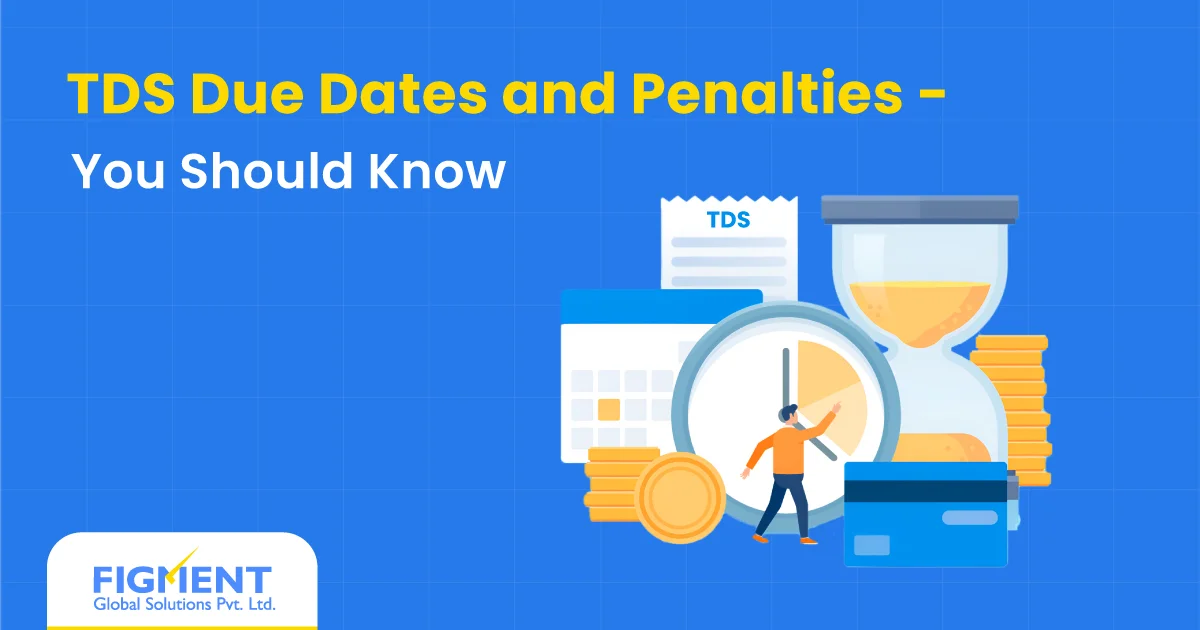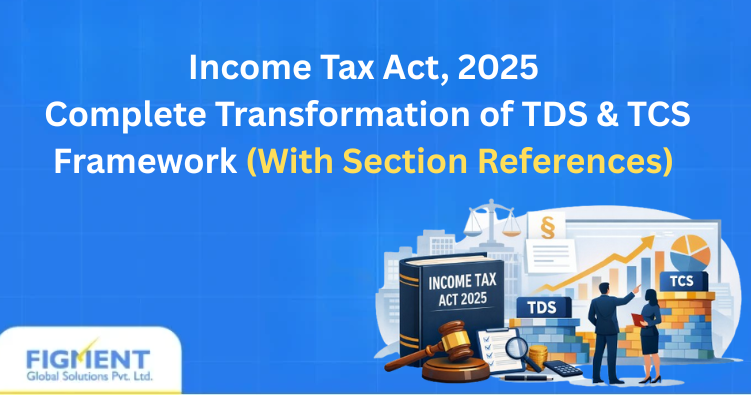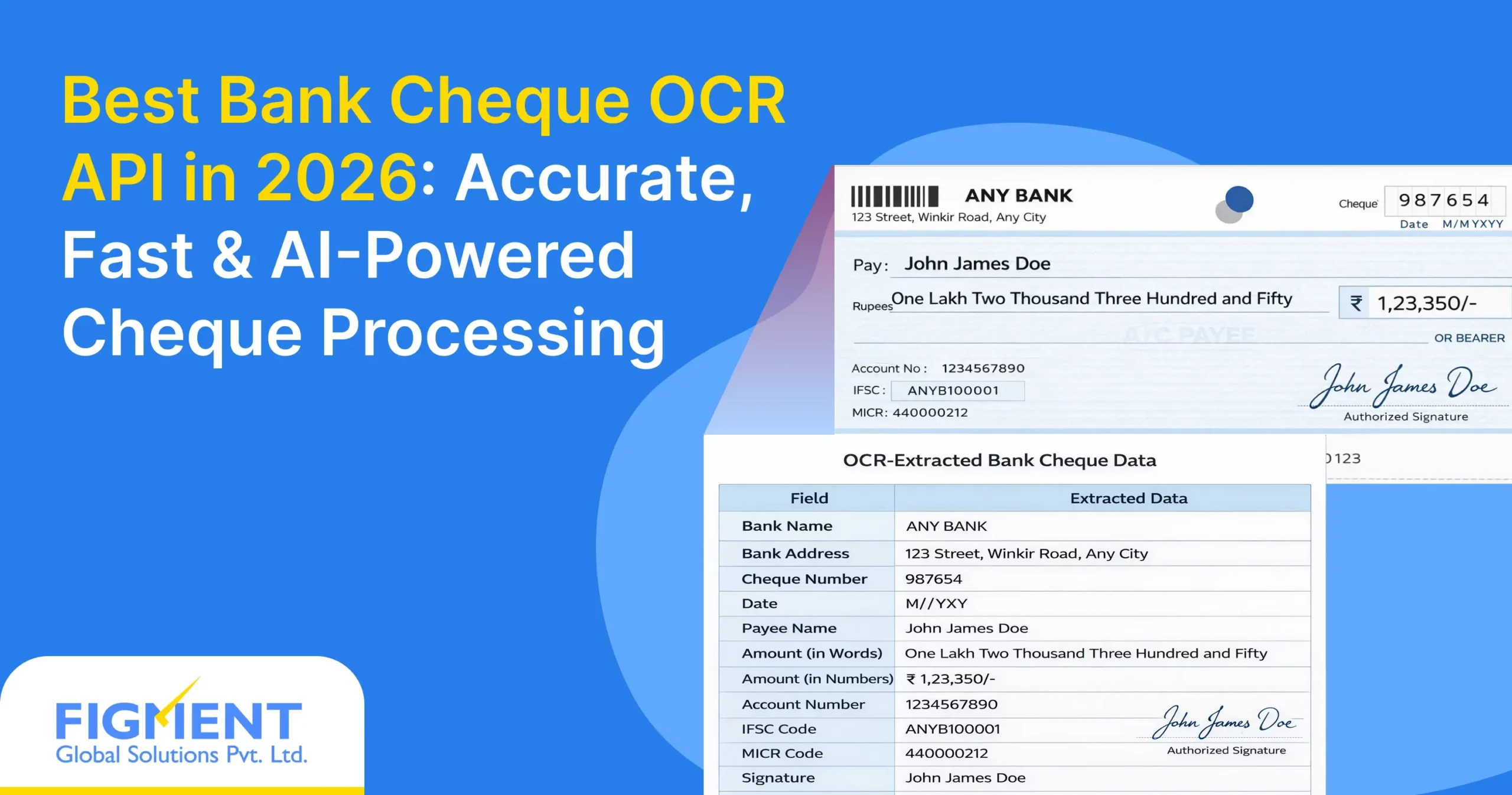Tax Deducted at Source (TDS) is a cornerstone of India’s tax compliance framework. Whether you’re a salaried employee, a business owner, or a freelancer, understanding TDS deadlines and penalties is essential to avoid financial setbacks and legal trouble. Let’s break it down.
TDS Payment & Return Filing Due Dates
Timely compliance is non-negotiable. Here’s what you need to know:
1. TDS Payment Deadlines
TDS deducted in any month must be deposited with the government by the 7th of the following month. However, there’s a exception for the month of March deductions, the due date fpr depositing the same is 30th April.
2. Section 200(3) – Filing of TDS Returns
Every person deducting tax shall, after depositing the tax, file a quarterly statement in the prescribed form (Form 24Q, 26Q, 27Q, etc.) within the due dates.
TDS Regular Return Filing Due Dates
Each quarter has a specific due date for filing TDS returns:
| Quarter | Period | Due Date |
| Q1 | April – June | 31st July |
| Q2 | July – September | 31st October |
| Q3 | October – December | 31st January |
| Q4 | January – March | 31st May |
Timely filing ensures Form 16/16A generation and avoid penalties.
| Form | Purpose | Due Date for issuance as per Income Tax Rule 31 |
| Form 16 | TDS on salary payment | 15th June from the end of the relevant financial year |
| Form 16A | TDS on non-salary payment | Within 15 days from the due date for filing the TDS return |
TDS Correction Return Filing Due Dates
With the introduction of the Finance Act (No. 2), 2024, the government has imposed strict deadlines for correcting past TDS statements, significantly impacting taxpayers and businesses.
TDS corrections play a crucial role in ensuring accurate tax compliance, preventing penalties, and safeguarding businesses from financial liabilities. However until now, there was no stringent deadline for making such corrections, leading to prolonged inaccuracies and compliance issues. With this amendments, all taxpayers must act promptly to review and rectify any errors in their past returns.
Historical Correction Deadline: Taxpayers must rectify errors in TDS returns for FY 2007-08 to 2018-19 by March 31, 2025. No corrections for these years are allowed after this date.
Ongoing Corrections (From FY 2019-20 Onwards): Effective April 1, 2025, corrections are permitted only within six years from the financial year in which the original return was filed.
The Income Tax Act, 1961 will be repealed from 1st April 2026 as per Section 536 of the Income Tax Act, 2025. Under Section 397(3)(f) of the Act, deductors are allowed to submit correction statements within two years from the end of the relevant tax year.
This means correction statements for the following periods can be filed only up to 31st March 2026:
- FY 2018-19 (Quarter 4)
- FY 2019-20 to FY 2022-23 (all quarters)
- FY 2023-24 (Quarter 1 to Quarter 3)
After 31st March 2026, no correction statements for these periods will be accepted as they will become time-barred.
What you should do
- Review past filings carefully.
- Submit any necessary correction statements before 31st March 2026.
- Ensure no compliance gaps remain once the deadline passes.
Penalties, Interest & Late filing for Non-Compliance
Missing deadlines can be costly. Here’s how:
1. Section 234E – Late Filing Fees
If the TDS return is not filed within the due date, a fee of ₹200 per day is levied until the return is filed, subject to a maximum of the total TDS amount.
Example: If the TDS amount is ₹40,000 and the return is delayed by 25 days, the late fee will be ₹200 × 25 = ₹5,000.
2. Section 201(1A) – Interest for Non-Deduction or Late Payment
- Interest @1% per month (or part thereof) from the date on which tax was deductible to the date it is actually deducted.
- Interest @1.5% per month from the date of deduction to the date of deposit.
These are calculated on a monthly basis (not daily), so even a one-day delay can cost you a full month’s interest. This interest must be paid before filing the TDS return.
3. Section 271H – Penalty for Incorrect or Late Filing
- ₹10,000 to ₹1,00,000 applies if, return filed after one year of the due date or contains incorrect details.
- Waived if:
- TDS is deposited.
- Late filing fee and interest are paid.
- Return is filed within one year of the due date
4. Section 272A – Failure to furnish a TDS certificate within due date will attract penalty of ₹100 per day during which the failure continues.
Disallowance of Expenses
In case of Resident: 30% of the expense disallowed if TDS not deducted/deposited
In case of Non-resident: Entire expense disallowed
Why Timely Compliance Matters
- Use automated reminders or accounting software to track due dates
- Verify PAN and challan details before filing.
- File returns even if no TDS was deducted in a quarter (nil return)
- Ensures Form 26AS reflects accurate credit for deductee’s
- Avoids scrutiny from tax authorities
- Builds trust with stakeholders
- Prevents financial penalties and legal consequences.
Conclusion
TDS compliance isn’t just about ticking boxes — it’s about financial discipline and legal responsibility. Whether you’re a deductor or a deductee, staying informed and proactive can save you from unnecessary stress and penalties.







